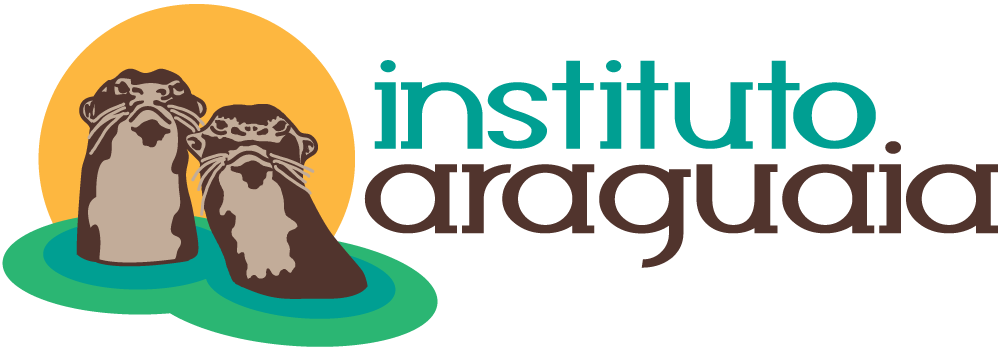Cantão State Park contains more than 850 lakes: 80% of all lakes in the Araguaia basin. This abundance of lakes, combined with the high productivity of its igapós, makes Cantão one of the best freshwater fish habitats on the planet, with 301 species cataloged to date: more than in all of Europe, and more than in the entire Pantanal basin.
Currently, the major threat to the ecosystem of Cantão is illegal poaching. With the growth of the State of Tocantins in the last decade, both professional fishing and sport fishing have grown dramatically. The price of fish in the region has increased over 1000% since 2001, and stocks of the most sought after species are collapsing throughout the Araguaia. Consequently, the lakes in Cantão are under increasing pressure from fishermen who invade the park, constantly taking away significant amounts of fish. In addition, when camping inside the park, these invaders can cause fires that devastate large areas during the dry season. A single raid by fishermen can destroy the brood stocks of several lakes, thus requiring constant surveillance in order to protect these nursery grounds.
Instituto Araguaia carries out the necessary surveillance in a set of 20 lakes around its research base. IA officials take turns patrolling the area 365 days a year. Researchers, assistants and volunteers constantly roam the trails along our research base and our private reserves, and, if necessary, call for support from local authorities. As a result of this constant presence, invasions and illegal fishing were reduced to negligible levels in lakes around the base, and the fish population in these lakes has increased markedly in recent years. The amount and size of large pirarucus residing inside the lakes under our protection is remarkable, and informal interviews with local fishermen indicate that fishing in the neighboring Rio do Coco, where fishing is allowed, has improved in recent years. Our community outreach project, which includes campaings and numerous presentations at schools and local associations has greatly contributed to this.
A mark-and-release project
The project Monitoring the Ichthyofauna of Cantão State Park, carried out in August 2013, monitored the recovery of fish populations in lakes with effective protection, with the participation of local fishermen. Important fish for commercial and sport fishing were marked in the protected lakes and recaptured in areas where fishing is allowed, demonstrating the importance of lakes in repopulating the rivers. There was also a census of pirarucu fish (Arapaima gigas), allowing a comparative analysis of their presence between unprotected lakes and those with permanent surveillance. This project demonstrated the importance of protecting the lakes in Cantão for the recovery of fish stocks in the medium Araguaia.
Gone taggin'



